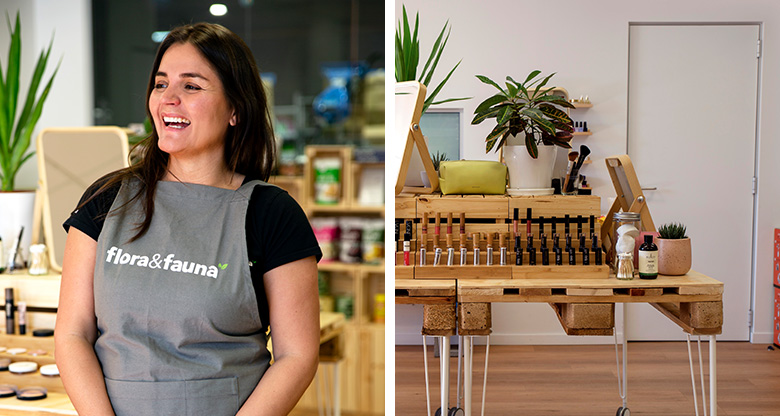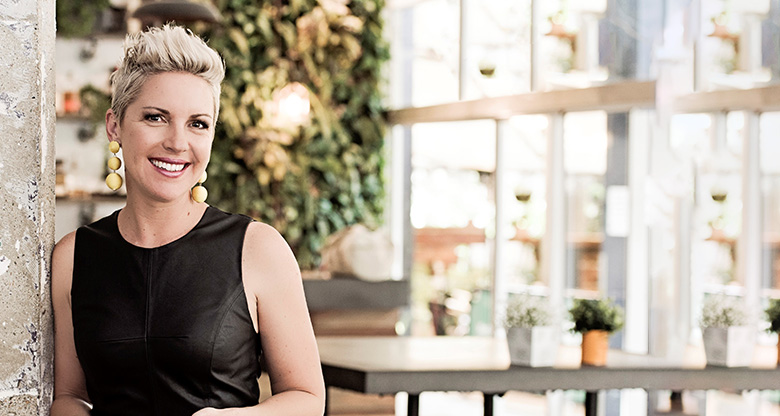Family businesses in Australia are approaching a period of transition. As a new generation takes on the responsibility of leading family businesses into the future, there is an opportunity to create change within this often-misunderstood segment.
This responsibility goes well beyond individual families. According to the Managing Director of Women in Family Business (WIFB), Susanne Bransgrove, of the 2.4 million businesses in Australia, 1.7 million are family run. Collectively, they are a vital driver of the overall economy but unlike other businesses, unity at a family and business level is crucial to success.
As Susanne explains, “70% of family businesses fail during the transition from one generation to another, and only 12% make it through the third generation.”
“That is typically due to complex family dynamics and issues at a relationship level rather than operational problems. People are more comfortable talking about the accounting or legal issues than they are about family members, and we need to start changing that conversation.”
“As the Family Firm Institute astutely said, when it comes to family businesses, relationships trumps process, and process trumps structure.”
Finding and using your voice in new ways
Susanne has advised family businesses on governance, leadership and succession for more than 12 years, launching WIFB in 2019 to empower women in family-run businesses to share experiences, perspectives and insights. She is part of a third-generation family business, so brings first-hand experience.
According to Susanne, family businesses are different. The family system has a tendency towards patriarchal leadership and gender-based patterns of succession that don’t always recognise women’s contribution. “It’s not deliberate or malicious”, says Susanne. “But because you are working alongside loved ones, it’s difficult to simply demand change.”
“Society is changing, and conversations about gender equality that are intensifying in the corporate sector are to some extent bypassing family businesses. But because women cannot leave the organisation it’s infinitely more challenging. It then stands to reason they should be part of creating positive change.”
“The women I work with are incredibly competent in their operational roles but play invisible roles on the family side. They are often the glue that binds the family together and in tune with the wellbeing of the collective. That’s why seeing the areas for cultural improvement in family business is often intuitive for women.”
“For the families that achieve success, women tend to play a critical role and need to understand how important their voice is.”
 Image source: Supplied. Susanne Bransgrove, Managing Director of Women in Family Business
Image source: Supplied. Susanne Bransgrove, Managing Director of Women in Family Business
Success relies on putting the individual first
The skills that will equip women to succeed in a family business setting traverse personal and professional growth says Susanne. “Women need to be brave and courageous enough to be the agent for change and learn soft skills around creating unity, focusing on self and family leadership, alongside business leadership”.
Susanne says that as an adviser, she regularly uses governance as a “stealth method” to get family members to see each other differently. This includes operational, business, family and individual governance.
“Operational governance is about good decision making and communication where business governance is more about strategic leadership and understanding director skills. Women certainly play these roles and there are opportunities to upskill.”
“Then you have family governance, including family councils and family decision-making and how that links into the business. Individual governance is about taking responsibility for your own leadership and personal wellbeing, which is important because you can easily lose sense of self within a family setting.”
“Family businesses spend 90% of their time on operations, so that side is sound. It’s the family and individual governance that tends to be forgotten. By raising awareness for the emotional factors and their impact on operations, it can have a positive impact on the business.”
Changing perspectives
Susanne recalls helping a family whose experience sparked the idea for Women in Family Business. She was working with a mum and dad and three children to help with succession planning and articulate a vision for the business.
“I always do individual interviews, and when I talked to mum, she queried why she was included and the value she could add to the process. Her view was that her husband built the business while she was a stay-at-home mum.”
“I asked her permission to offer my perspective. I agreed that without her husband we wouldn’t be sitting here. But equally without her contribution to being there for the children and fostering the next generation, we wouldn’t be sitting here either."
“From that moment, her demeanour changed. Her understanding of family and her role led to more input into the process, a desire to acquire director skills and mentor her daughter. It made a huge difference to that family’s journey.”
“What I hear a lot of is ‘I don’t want my daughter to be in the same situation I was in’”, Susanne added. “You give birth on a Tuesday after doing payroll and back doing payroll the next week."
“I think it’s time for women in family business to go down the same road women in corporates have been on for some time, recognising the beauty that both genders bring and being part of the change that will carry onto the next generation.”
Knowing how to best do this can be difficult, so finding other women in family businesses who understand the issues is important and a good starting point.
Sign up to the Women in Focus newsletter for updates on our community and events, and more content like this.






